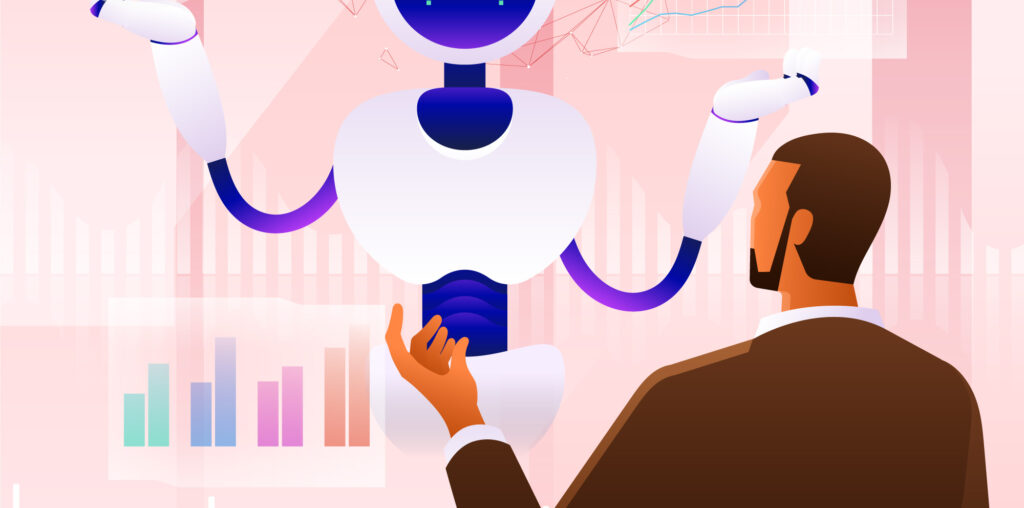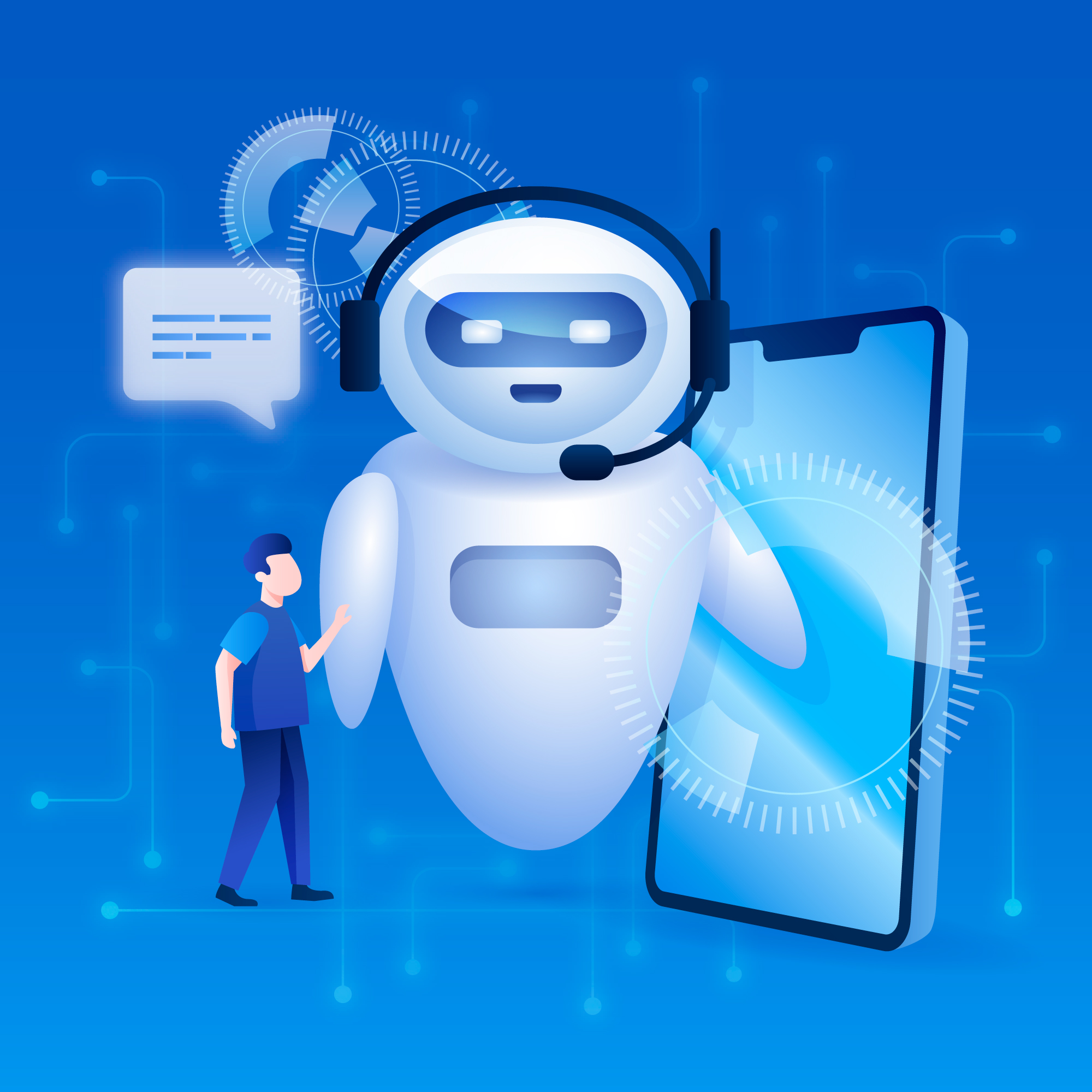Artificial Intelligence (AI) is no longer a futuristic concept—it’s here, and it’s transforming the way we approach information systems. From automating routine tasks to enabling predictive analytics, AI is revolutionizing how businesses and organizations manage, analyze, and leverage data. But what does this mean for the future of information systems, and how can professionals stay ahead in this rapidly evolving field? Let’s explore the profound impact of AI on information systems and why staying updated with skills, such as those gained through top Information Systems certifications, is more important than ever.
1. Automating Routine Tasks: Efficiency at Scale
One of the most significant contributions of AI to information systems is automation. Repetitive tasks like data entry, report generation, and system monitoring can now be handled by AI-powered tools, freeing up human resources for more strategic activities.
For example, AI algorithms can automatically categorize and process large volumes of data, reducing errors and improving efficiency. This not only speeds up operations but also ensures higher accuracy, which is critical in fields like finance, healthcare, and logistics.
2. Enhancing Decision-Making with Predictive Analytics
AI’s ability to analyze vast amounts of data in real-time has transformed decision-making processes. Predictive analytics, powered by machine learning algorithms, allows organizations to forecast trends, identify risks, and make data-driven decisions.
In retail, for instance, AI can predict consumer behavior and optimize inventory management. In healthcare, it can analyze patient data to predict disease outbreaks or recommend personalized treatments. These capabilities are reshaping industries and creating new opportunities for professionals skilled in AI-driven information systems.
3. Improving Cybersecurity: Staying One Step Ahead
As information systems become more complex, so do the threats they face. AI is playing a crucial role in enhancing cybersecurity by detecting anomalies, identifying potential breaches, and responding to threats in real-time.
Machine learning models can analyze network traffic patterns to flag suspicious activities, while natural language processing (NLP) can monitor communication channels for phishing attempts. For professionals looking to specialize in this area, pursuing best Information Systems certifications that focus on AI and cybersecurity can provide a competitive edge.
4. Personalizing User Experiences
AI is also transforming how users interact with information systems. From chatbots to recommendation engines, AI-powered tools are making systems more intuitive and user-friendly.
For example, e-commerce platforms use AI to recommend products based on user behavior, while streaming services leverage it to suggest personalized content. These advancements not only improve user satisfaction but also drive business growth by increasing engagement and retention.
5. Enabling Smart Data Management
The sheer volume of data generated today can be overwhelming, but AI is making it easier to manage. Intelligent data management systems use AI to organize, store, and retrieve data efficiently.
AI can also help identify redundant or outdated information, ensuring that systems remain streamlined and up-to-date. This is particularly valuable for organizations dealing with big data, where manual management would be impractical.
6. The Future of AI in Information Systems
The integration of AI into information systems is still in its early stages, and the possibilities are endless. From autonomous systems that can self-heal and optimize to AI-driven innovations in quantum computing, the future promises even more transformative changes.
For professionals, this means staying ahead of the curve by continuously updating their skills. Earning top-rated Information Systems certifications that cover AI, machine learning, and data analytics can provide the knowledge and credentials needed to thrive in this dynamic field.
Conclusion: Embracing the AI Revolution
Artificial Intelligence is not just a tool—it’s a game-changer for information systems. By automating tasks, enhancing decision-making, improving cybersecurity, and personalizing user experiences, AI is driving innovation and efficiency across industries.
For those looking to stay relevant in this rapidly evolving landscape, investing in education and certifications is key. Whether you’re a seasoned professional or just starting your career, exploring advance Information Systems certifications that incorporate AI can help you harness the power of this technology and advance your career.
The future of information systems is intelligent, and the time to embrace it is now.



